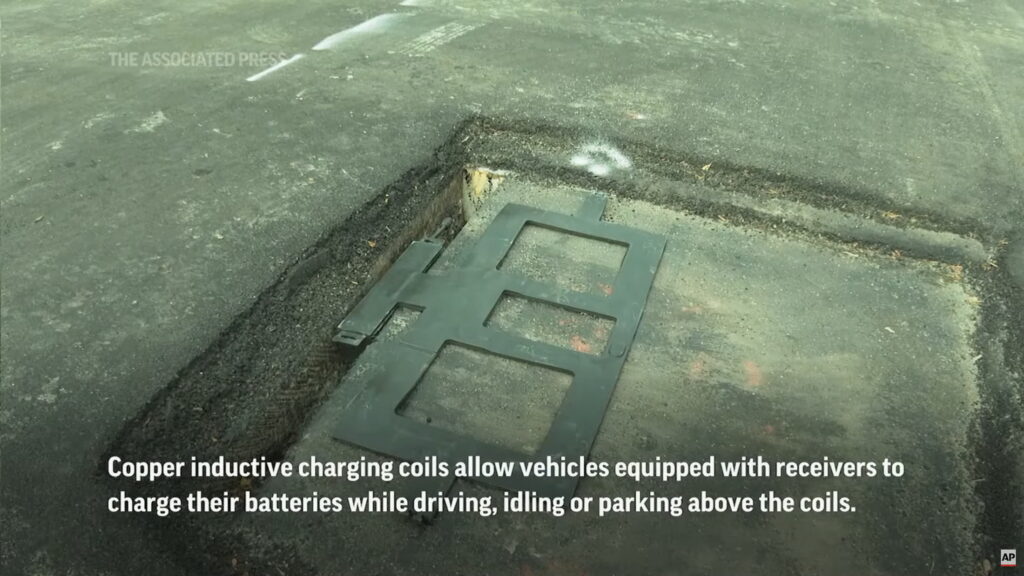A quarter-mile stretch of road on 14th St in Detroit can now inductively charge EVs, in what is being described as the start of something big
3 hours ago
 –>
–> 
–>
The Motor City is really living up to its name, as North America’s first road that can wireless charge EVs as they drive over it has started working. So far, just a quarter-mile of Detroit’s streets have the capacity to transfer electricity, but experts call it the start of something big.
The road in question, 14th Street, has been impregnated with rubber-coated copper wires that can inductively charge EVs as they drive over it. Installed by Israel’s Electreon, this kind of road could help EVs shrink their batteries, and reduce the vehicles’ impact on infrastructure.
However, for now, private electric vehicles won’t be able to charge on the short section of road, because they need a special receiver. However, the Detroit Free Press reports that a specially modified electric Ford E-Transit van was able to charge at a rate of 16 kW while it drove at nine miles per hour (14 km/h) over the road for a public demonstration of the technology.
advertisement scroll to continue
Read: Startup Drives Toyota For 1,200 Miles On Electric Power Alone Thanks To Wireless Charging Road
[embedded content]
“It may seem small now, but it’s a huge step,” said Joshua Sirefman, CEO of Michigan Central, a Ford subsidiary. “The implications are truly staggering.”
Similarly, Michigan Department of Transportation Director Brad Wieferich, called the project revolutionary, and said it was a “springboard” to learn how to implement the technology, and, ultimately, “to see how we can scale this up.” This section of road cost the state $1.9 million, while Electreon and its partners spent $4 million.
Stefan Tongur, Electreon’s VP of business development, said that inductive roads such as these are safe for other vehicles, pedestrians, and wildlife because each coil is individually connected, and only charges when a vehicle with a sensor drives over. Meanwhile, the surface of the road is just regular asphalt.
In May of this year, the company drove a Toyota RAV4 Prime on electricity alone for more than 100 hours without stopping, using inductive charging. The vehicle, whose 18 kWh battery is only supposed to be able to drive the crossover 42 miles (68 km), according to the EPA, was able to drive a total of 1,207 miles (1,924 km) thanks to the special road.
Back in Detroit, work will continue on 14th Street until the end of this year. In early 2024, MDOT says that extensive testing of the system will start, and it will study the project for potential long-term public transportation opportunities.



